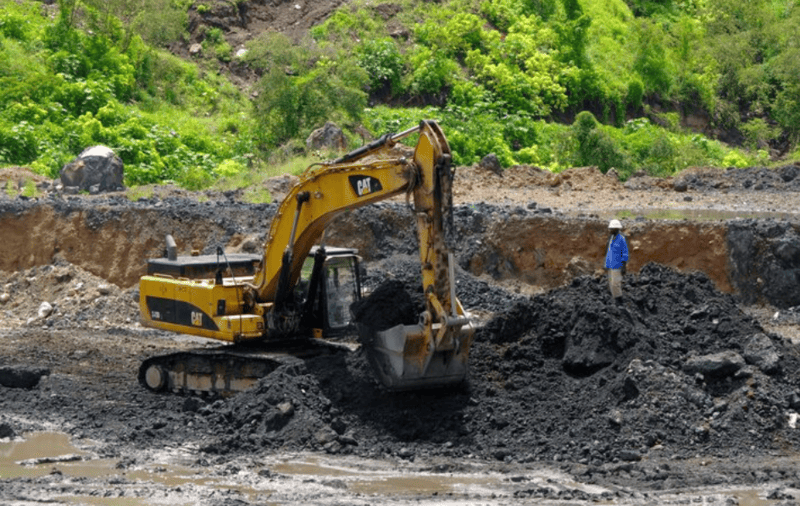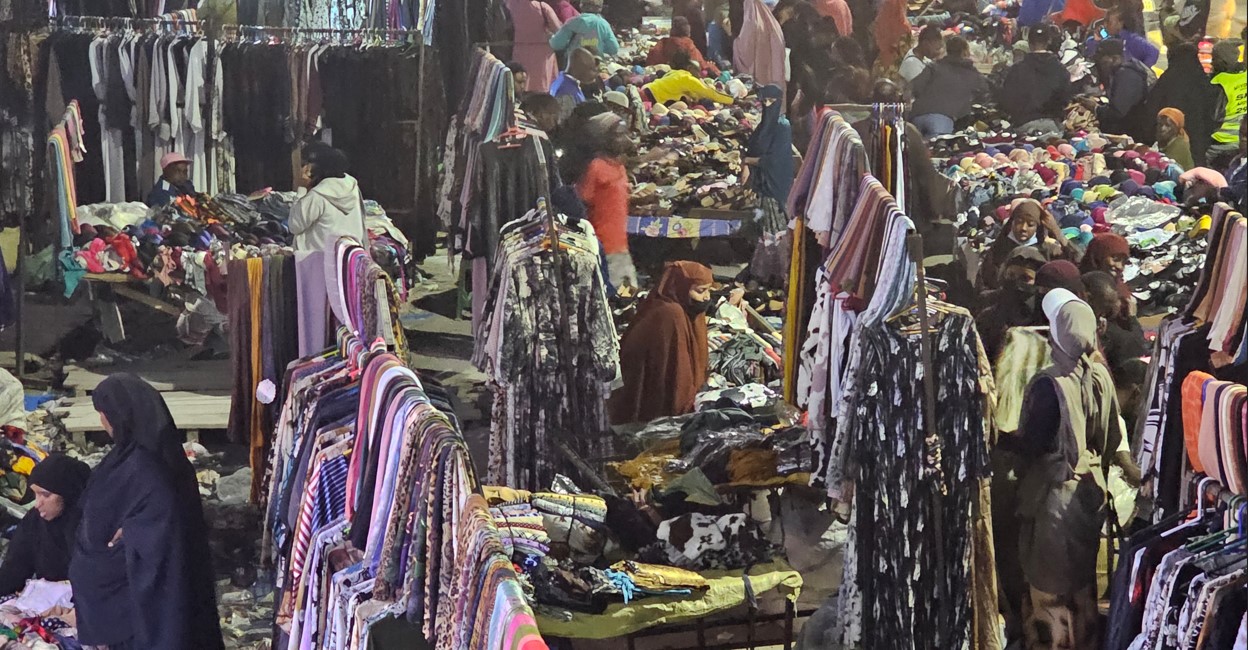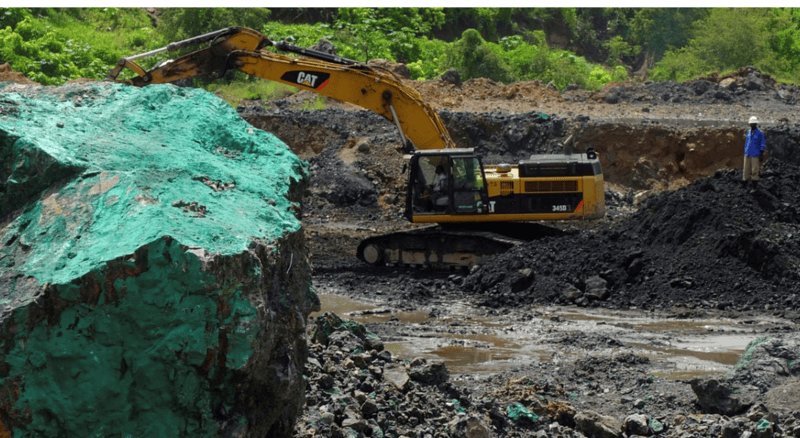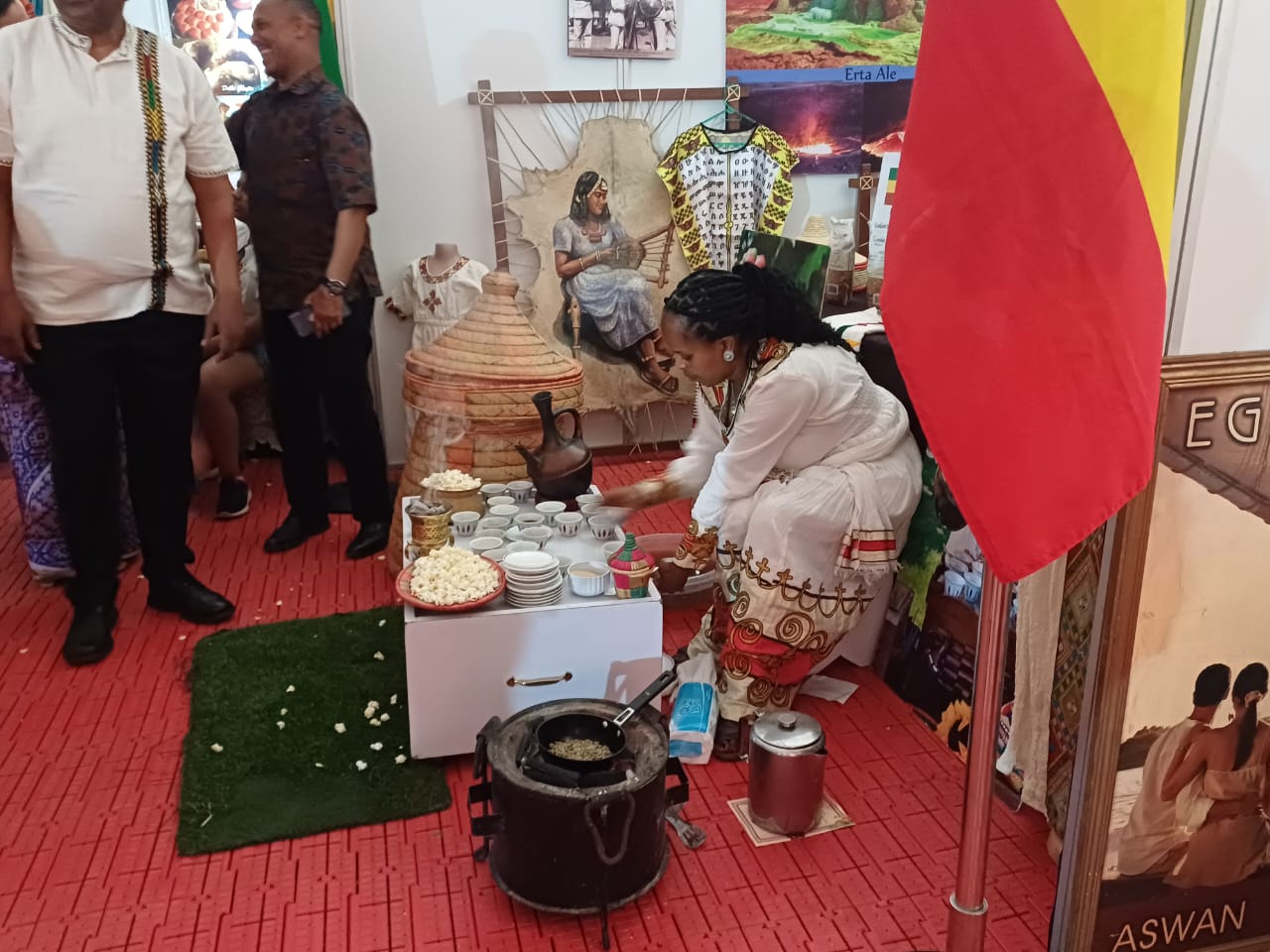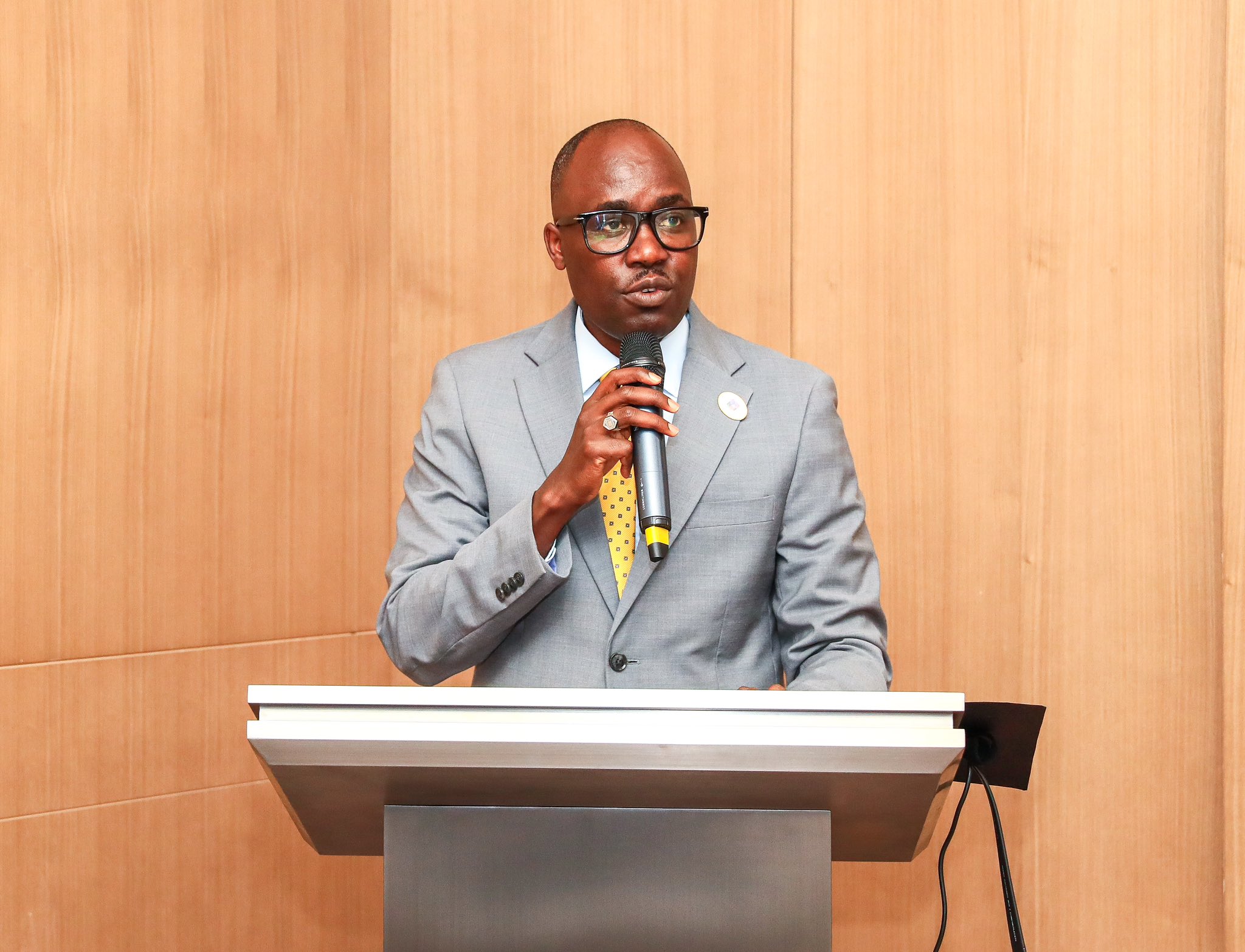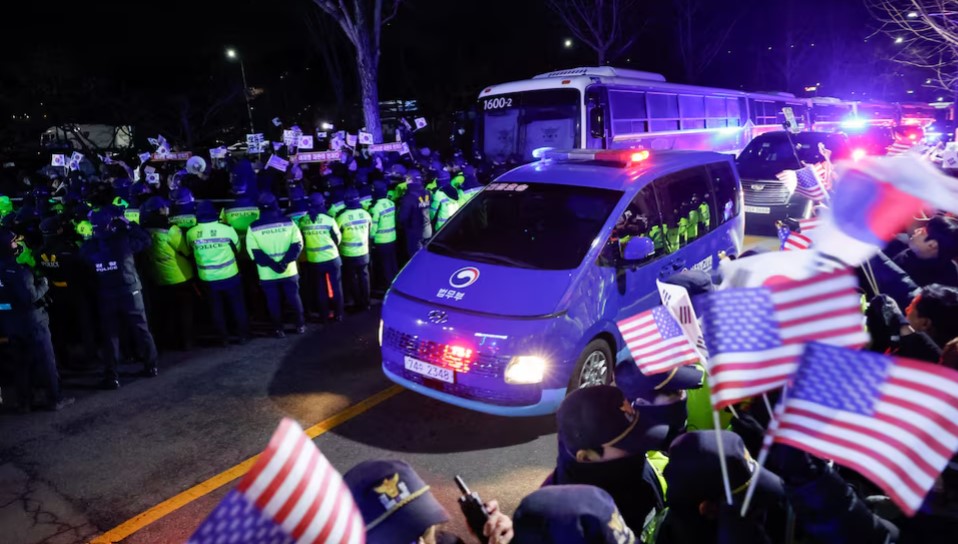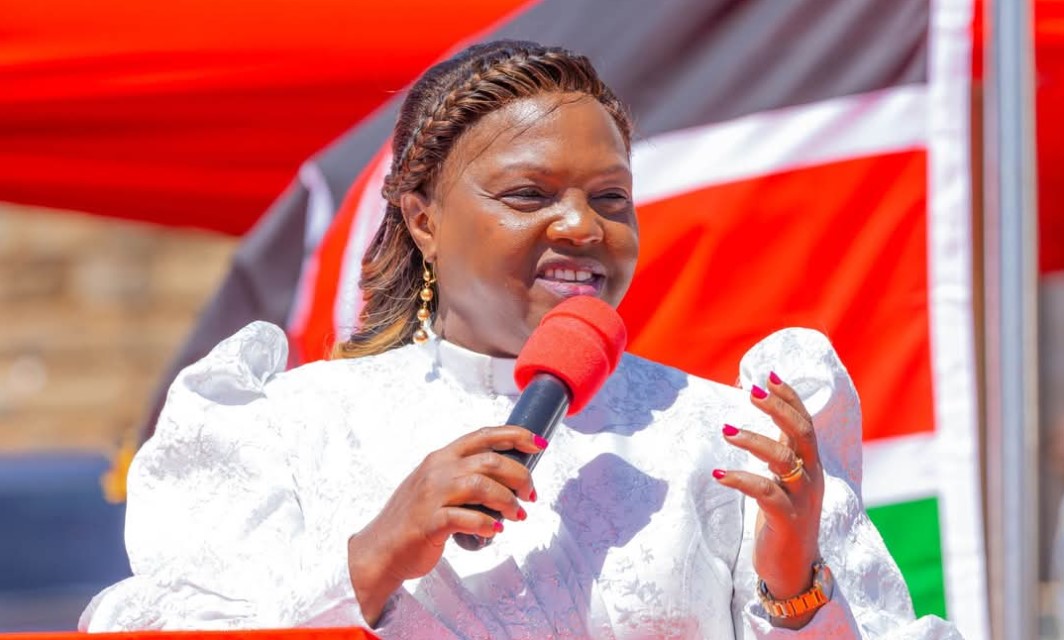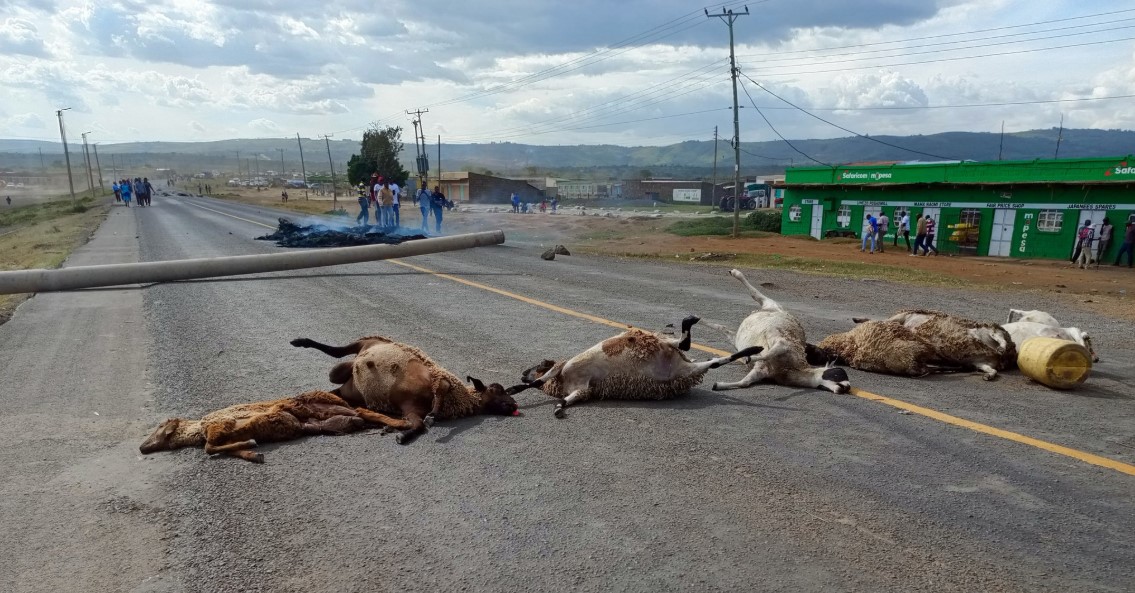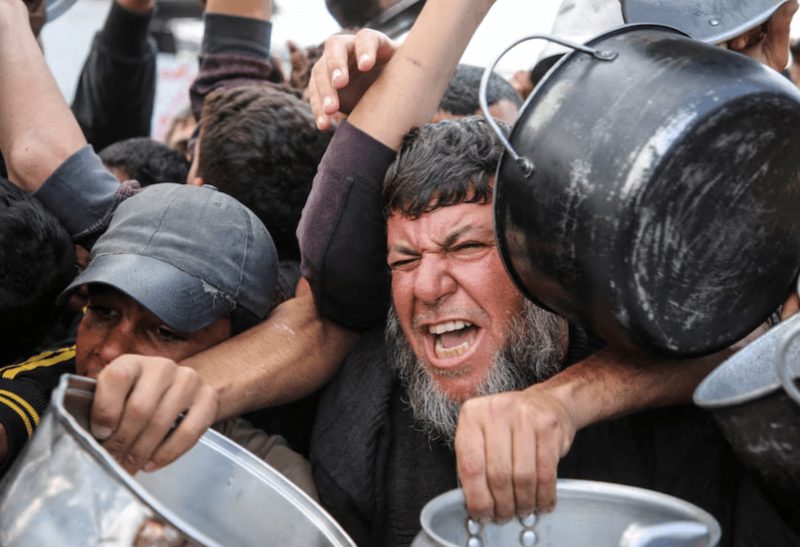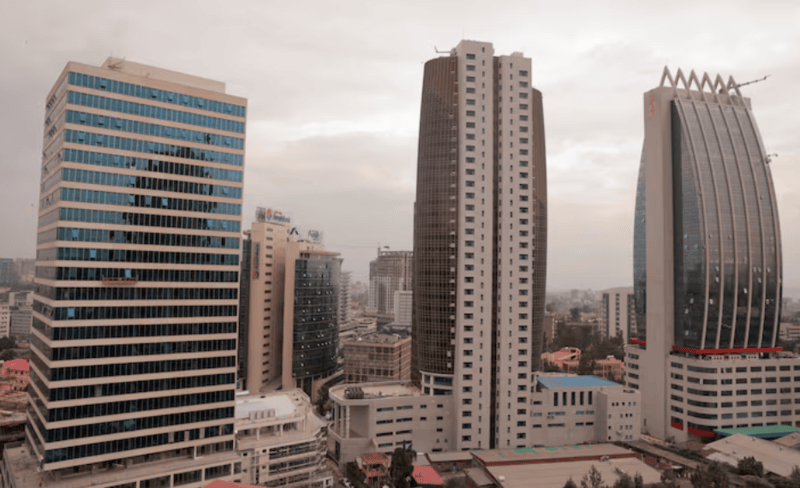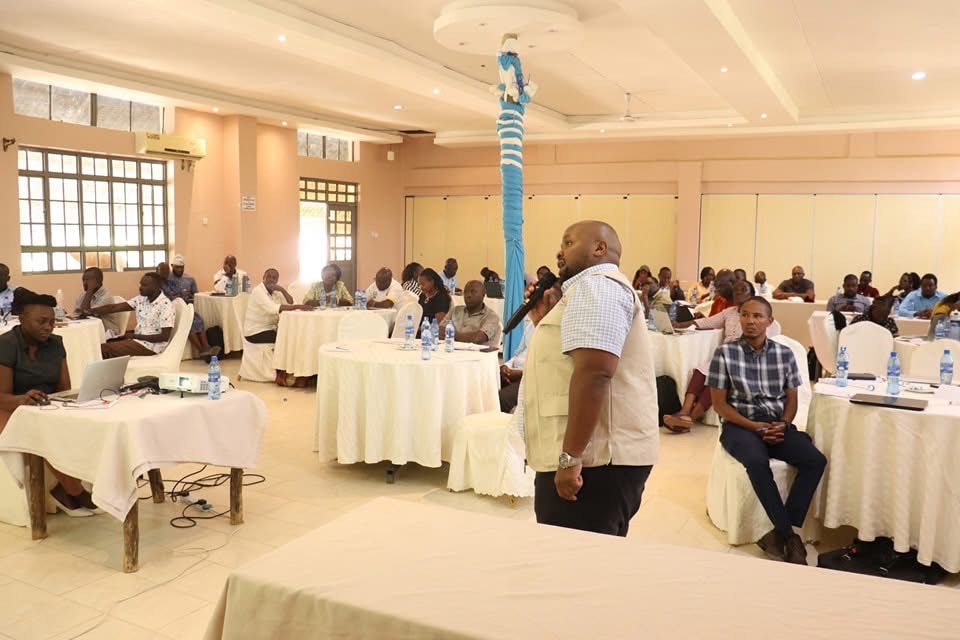Amnesty International urges DRC President to halt planned mass executions
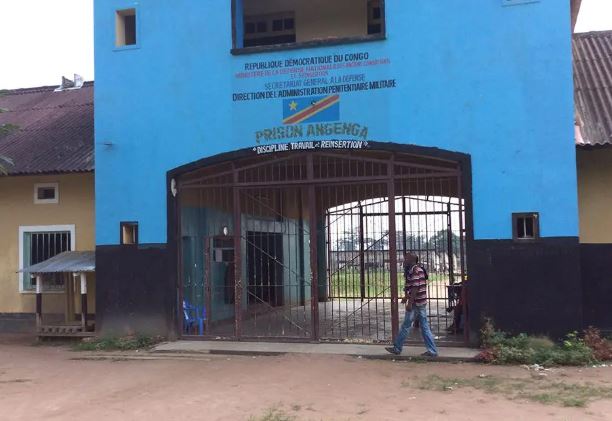
This follows reports that over 170 death row inmates have been transferred to Angenga prison for execution.
Amnesty International has called on Congolese President Felix Tshisekedi to immediately stop plans for mass executions in the Democratic Republic of Congo (DRC).
This follows reports that over 170 death row inmates have been transferred to Angenga prison for execution.
More To Read
- President Kagame denies occupying Eastern DRC, criticizes UN peacekeeping efforts
- M23 conflict escalates in eastern DRC as rebels defend ‘existential war’
- Congo files criminal complaints against Apple in France, Belgium over conflict minerals
- Congo, Rwanda say peace talks in Angola will not take place
“The announcement of these prison transfers is absolutely appalling. We fear imminent mass executions by the authorities amid a lack of reliable information about the status of people sentenced to death. President Felix Tshisekedi must immediately, publicly and unambiguously halt any plans to execute people in Angenga prison or elsewhere. Parliament should adopt a moratorium on executions, pending full abolition of the death penalty,” Amnesty International’s Deputy Regional Director for East and Southern Africa, Sarah Jackson said.
The transfers stem from remarks made on January 5, 2025, by DRC’s Justice Minister Constant Mutamba, who confirmed the relocation of more than 170 individuals from Kinshasa to Angenga prison in the northwest for execution.
The individuals, aged between 18 and 35, are allegedly linked to criminal gangs known as “Kuluna” or “bandits.”
Authorities have justified the executions as a measure to curb gang violence, though Amnesty International argues there is no evidence to support such claims. Mutamba has previously threatened suspects with arrest, conviction, and execution even before trial.
In March 2024, the DRC government announced its intention to resume executions after a 20-year hiatus.
Since then, death sentences issued by military courts have surged, with Amnesty International raising concerns over unfair trials, particularly involving alleged gang members and armed groups.
The DRC initially abolished the death penalty in 1981 but reinstated it in 2006. The last known execution occurred in 2003.
Top Stories Today
